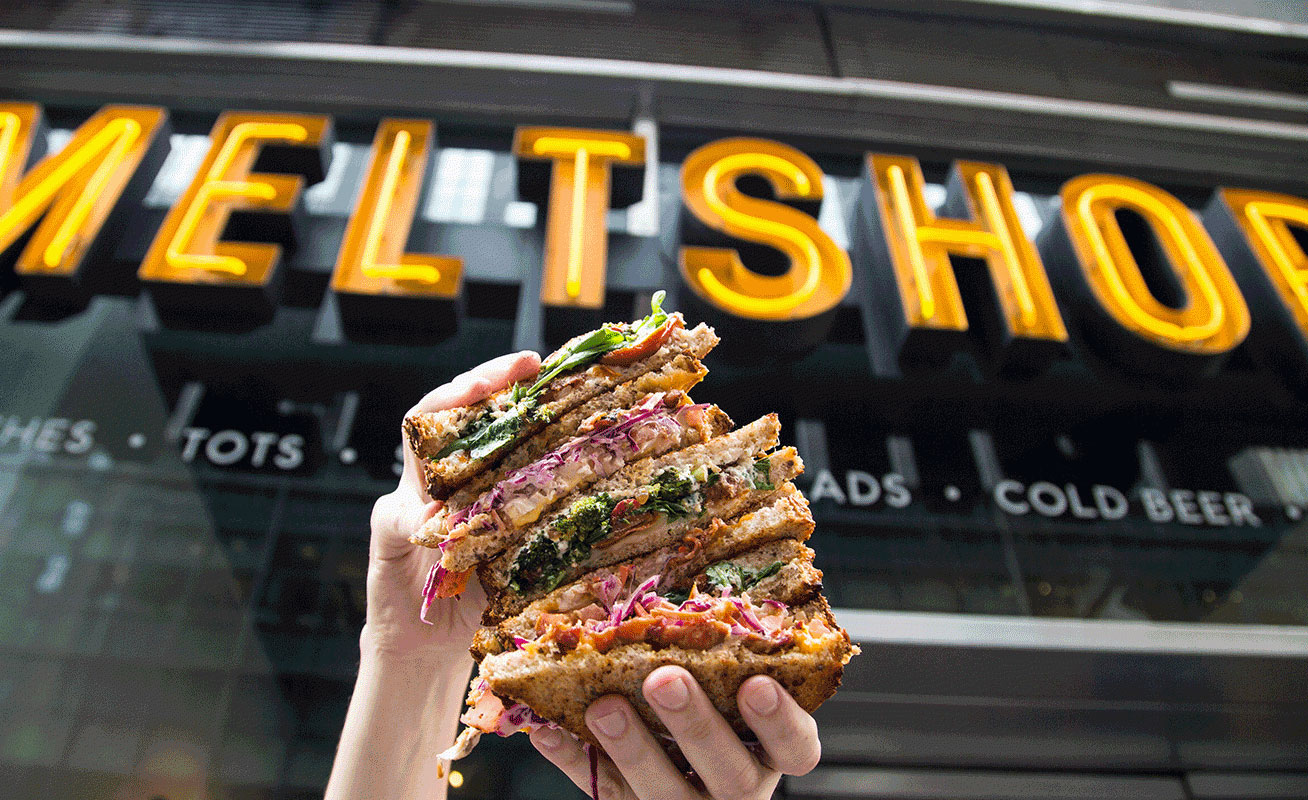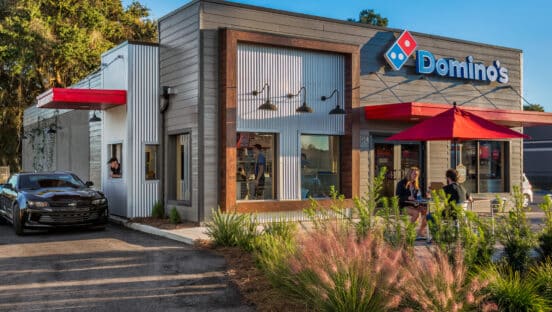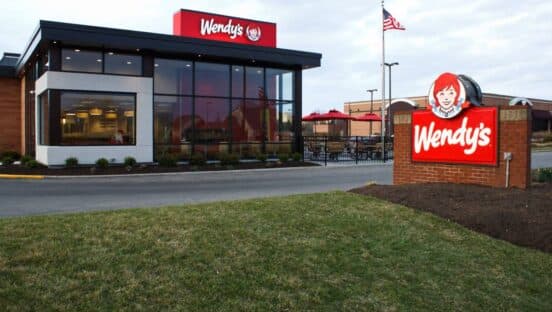Since the fast casual concept Melt Shop opened its first location six years ago, its executives have always envisioned it as a franchise brand.
Capitalizing on the explosive growth of the better burger segment, founder Spencer Rubin says that offering bread and cheese with different protein options gave Melt Shop a lot of opportunity to add variety to the fast-casual segment with an approachable product.
Since 2011, it has grown to eight units in New York, Philadelphia, and Minnesota, and over the next five years, that unit count will grow exponentially. Melt Shop has launched an international franchise program with Aurify Brands and plans to grow to 100 locations across the U.S. and internationally.
“It’s always been in the long-term plans, and we’ve created the best process possible to deliver our product at scale,” Rubin says. “For the first few years, it was really about figuring out the best way to make our products.”
While a lot of concepts adopting the assembly-line model where prep is done ahead of time, Melt Shop creates each sandwich individually to order. Items like the Wisco sandwich with aged Cheddar, brick (soft cheese) spread, bacon, and sliced tomato resonates with customers who desire the familiarity of a grilled cheese but with a Melt Shop spin. Other sandwiches include the truffle melt with muenster, truffle oil, and arugula on sourdough, and a fried chicken sandwich with pepper jack cheese, red cabbage slaw, and the house melt sauce.
“What makes this brand such a strong franchising opportunity is that we cater to such a wide audience and the locations we’re in are very different,” Rubin says. “We’re in corporate midtown, New York, we’re in mall locations; we’ve cast a wide net and are cool and stylized yet unbelievably approachable.”
One of the first new growth targets for Melt Shop was the Middle East, where the brand plans to open seven locations overall and four in Kuwait by March 2018. And while certain locations may require different ingredients, such as the fact that pork is not widely eaten in Kuwait, the brand plans to stick to its core menu to give a consistent experience.
“Our goal is that if you blinded someone and put them inside a Melt Shop, they’re going to get the same type of product out there than they would in our original locations,” says Josh Morgan, operating partner of Aurify Brands.
Founded in 2003 originally as Five Points Partners, Aurify was borne out of the need to identify original concepts with high brand potential for growth alongside the company’s portfolio that has included Subway, Dunkin’ Donuts, Baskin Robbins, and Five Guys.
“We want [operators] to love our brand and feel that it resonates with them,” Morgan says. “There are a lot of franchisees who care about the money and will franchise as long as they make the return. We want partners that love our brand and love what we’re about.”
The company is seeking franchisees and has opportunities domestically in U.S. markets including Florida, the Midwest, and the Northeast, and in international markets such as Southeast Asia, Japan, China, India, South America, Mexico, Canada, Western Europe, and Australia. The initial Melt Shop investment range is between $368,240 to $698,800 for the first location, including a franchise fee of $35,000. The average annual unit volume of a Melt Shop location is $1,285,638.
“We think the sky’s the limit. We think Melt Shop could be a 500-plus unit concept in the next 10 years based upon the success we’ve seen in different markets already,” Rubin says. “We plan on continuing to build corporate stores because it’s really important to keep our operational edge. As we continue to innovate and make improvements to the brand, we want to make sure that we’re keeping up with the times and keeping up with technology.”






